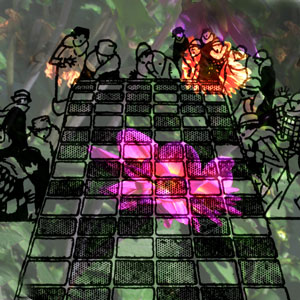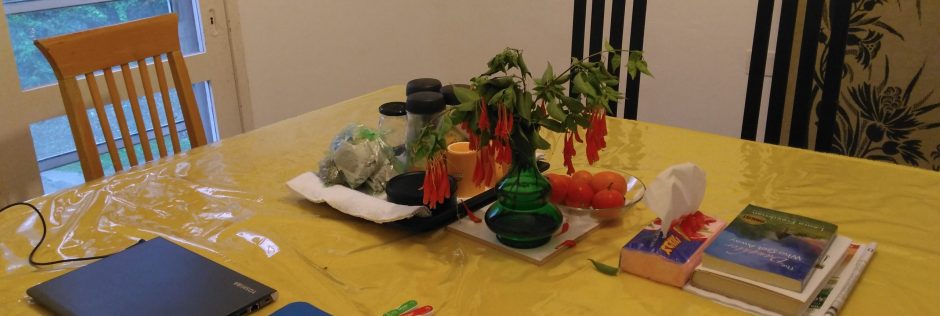 At eighteen, Evan Feuerstein imagined himself becoming a traveling bard, a poet who would know a whole poetic tradition by heart. He would be both vessel and essence of this tradition. When his parents sent him to the new country of Israel the summer before college, he knew this tradition wouldn’t be—couldn’t be—in Hebrew. Family friends tried to convince him to stay. They thought life there would appeal to Evan, who was refined and idealistic. Evan did not fear physical battles. He did fear barracks life as a refined and idealistic man who was also small and thin. But what really made staying in Israel impossible was his inability to express the inexpressible in Hebrew.
At eighteen, Evan Feuerstein imagined himself becoming a traveling bard, a poet who would know a whole poetic tradition by heart. He would be both vessel and essence of this tradition. When his parents sent him to the new country of Israel the summer before college, he knew this tradition wouldn’t be—couldn’t be—in Hebrew. Family friends tried to convince him to stay. They thought life there would appeal to Evan, who was refined and idealistic. Evan did not fear physical battles. He did fear barracks life as a refined and idealistic man who was also small and thin. But what really made staying in Israel impossible was his inability to express the inexpressible in Hebrew.
Sometimes, the desire to stay must be so strong that a person prefers to be miserable in the holy Land of Israel than to be happy in an unholy land abroad. Evan met a kibbutznik who wanted to experiment with varieties of grains and fruit trees; instead, the comrades made him plant shrubs around the dining hall. This made him bitter, though it didn’t make him leave the kibbutz or the country. He seemed to treasure this bitterness: it was his bitterness.
Evan also met an artist who had left New York for a kibbutz in the Upper Galilee, where peacocks wandered freely, and nearby mountains cradled ancient ruins. The comrades assigned him a weekly schedule of five days in the chicken house and one day for art, though they refused to give him a studio. In the middle of the night, the artist moved his paints, easels, and canvases into an old building. He was done before the cocks crowed: this was called establishing facts on the ground. In the old building, he found a scratched enlarger and a broken tripod. These had belonged to a photographer, whose equipment was ruined once it became collective property.
A family friend, the Jerusalem Post journalist Julian Meltzer, wanted Evan to stay in Israel. Julian pointed to a small Egyptian tank still sitting in a corner of his garden in Talpiot. That’s how close they came, he said. Julian’s wife respected Evan’s aesthetic taste; a friend of hers with an antique shop in town said that Evan walked in and immediately spotted the best chased copper plate, the finest Arab coffee pot. Julian thought Evan also had the potential to be a proud son of his people in their modern-day redemption.
Evan never forgot his conversations with Julian in the garden in Talpiot. He always gave credit to Israel for inspiring him to start an intentional community in northern British Columbia. But in the Canadian north Evan learned over again that the fierce individuals who make up any collective are unlikely to be compatible or cooperative. The price of redemption is always high. Sometimes, people want to leave the bitterness behind. Evan decided it was better to try redeeming one person at a time, starting with himself.
Copyright © Leora Freedman 2022
***If you have something to say, or a story to share, our comments page is the place to leave it!
 Copyright secured by Digiprove © 2022 Leora Freedman
Copyright secured by Digiprove © 2022 Leora Freedman 
